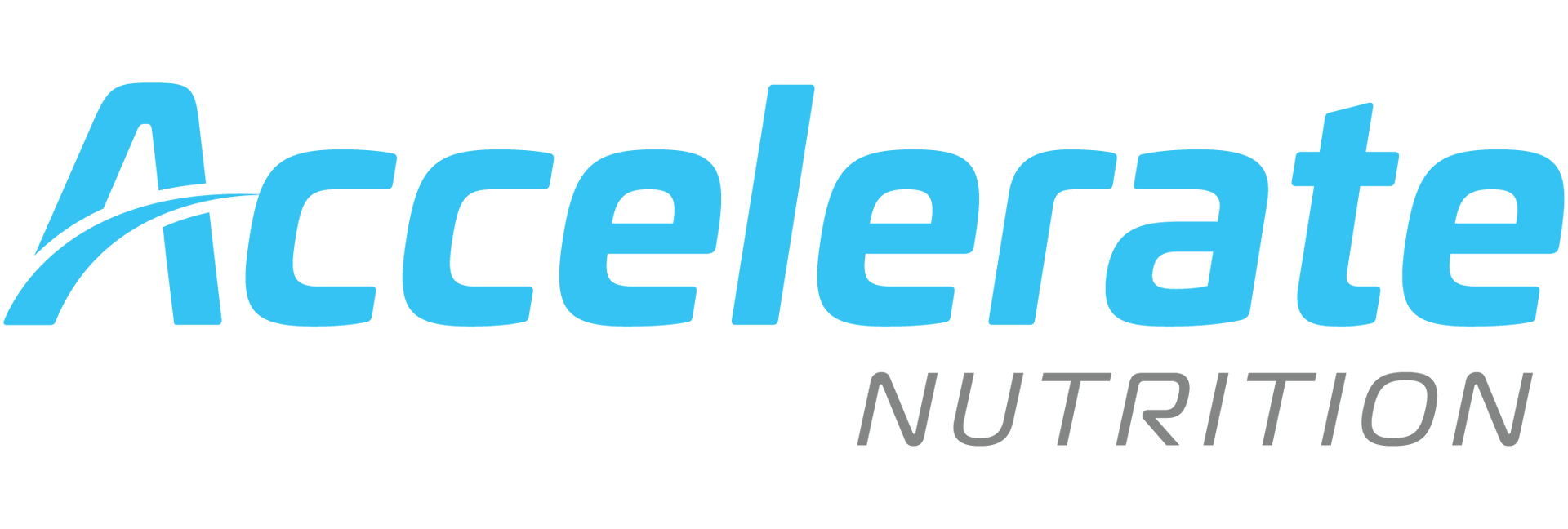Kids Nutrition Help That Actually
Fits Your Family
Feeding Your Child Can Be Stress Free
Eating Does Not Have To Feel Like A Fight
Some kids find food hard. It might be the way it smells, how it feels or how it sounds when they chew.
Or maybe their appetite changes all the time. It’s hard to plan anything when lunch could be skipped or spat out. This isn’t about bad parenting. It’s not about being lazy or picky. It’s about support.
Think of it like this: If your child needed help walking, you wouldn’t hesitate to ask. Eating is no different. You’re not failing. You’re just facing something that’s genuinely tough.
Let’s Explore What Normal Eating Can Look Like For Each Child
Let’s cut to the chase: there’s no such thing as a perfect eater.
Some kids love broccoli. Some live on toast.
The goal isn’t perfection. It’s progress.
Nutrition support can help reduce stress, improve routines, and build confidence - yours and theirs.
Food Support Can Do All That, And More
You might want help with getting your child to eat more than one or two foods.
Or figuring out what’s safe if chewing or swallowing is tricky.
Or planning meals that won’t cause meltdowns or upset stomachs.
Or maybe you just want your child to feel relaxed at the table.
Why It’s Not Just About The Food
Feeding struggles can create big emotions. Guilt. Shame. Isolation.
You might be worrying that you're doing something wrong.
That others manage fine while you're barely coping.
Support workers and Dietitians can help take that load off.
They’re not just extra hands. They bring calm. They bring fresh ideas. They make food feel less scary.
When someone else steps in, it gives you breathing room. It’s not about stepping back. It’s about making space for healing.
Difference Between Dietitian and a Nutritionist:
A lot of people are confused about the difference between what a dietitian can do and what a nutritionist can do.
Nutritionist can give general advice, but when it comes to challenging issues or issues where there are multiple medical things at play, we would recommend working with a dietician.
Dietitians have a higher level of training and a high level of expertise than nutritionists are required to have.
Food Anxiety Is Real – And You’re Not Imagining It
When your child has had bad experiences with food - choking, vomiting, pain - it’s natural they feel scared.
You feel it too. You start planning your whole day around avoiding triggers.
You watch every bite. You worry that something could go wrong.
That constant alertness? It wears you down. Nutrition support is about making things feel safer.
For your child, and for you. It might mean slowing down mealtimes.
Changing the setup. Reducing the pressure. Making sure your child knows they’re not being judged.
Remember, It Takes A Village - Be Kind To Yourself
Many parents feel like it’s their job to sort it out alone.
Here’s the truth: needing help doesn’t mean you’ve failed. It means the situation is hard.
And getting support can actually bring new joy to meals - instead of just more stress.
Dietitians can help your child try new foods, build trust, and enjoy mealtimes in their own way.
It’s not about supervision. It’s about connection.
Having someone else in your corner helps ease the pressure. You don’t have to hold it all together alone.
“My Child Has Autism, ADHD, Or Complex Needs
– Can You Still Help?”
Absolutely. Food support works for all kinds of kids, whether or not they have a diagnosis.
We support kids with sensory challenges, mental health needs, feeding tubes, fussy eating, or just very stressed parents.
You Don’t Need A Formal Label
If food is getting in the way of your child’s comfort or confidence, then yes - support can help.
You might be working through other challenges, like toileting or sleep.
That’s okay. Eating doesn’t happen in isolation.
When your child is overwhelmed, hungry, or exhausted, everything connects.
A calmer mealtime can ease stress in other areas too.

Using NDIS To Fund
Food Support
You might be wondering how this fits with your plan. If food affects your child’s health, independence or daily life, Dietitian support can often be funded under Improved Daily Living or Improved Health and Wellbeing.
You don’t need a diagnosis to start. You don’t need to wait for things to get worse. If food feels hard, that’s enough.
Support can include direct sessions, help with feeding plans, or even training for support workers who spend time with your child.
Families often tell us they didn’t know this was an option. But it is. And it can make a big difference.
Where Does It Happen? (Wherever Works For You)
Sessions can happen at your home, over telehealth, or at a clinic.
Many families prefer home visits because it keeps kids in their own space.
Others like the flexibility of video calls. You pick what feels least stressful.
What works with your child’s energy, routine, and comfort.
There’s no one right way to do it. We want it to feel easy to start.
“I Tried Support Before And It Didn’t Help. What’s Different Now?”
That’s fair. A lot of families have had support that didn’t feel right. Too much pressure. Not enough listening.
This is different. This is slower. Gentler. Based on real life. Not theory. Not perfect plates.
Just doable changes that fit your child’s world. We listen first. Always. Then we make a plan that feels doable.
Not overwhelming. Not all-or-nothing. Support can mean one small change that finally sticks.
It can mean feeling less alone at the table.
You Deserve Support That Gets It
If you're reading this, chances are you're already trying your best.
You're tired. You're worried. You're not sure where to start. That's okay.
This is about making food feel easier. Not fixed. Not perfect. Just easier.
If that sounds like something you want, you're in the right place.
You deserve to feel supported. Your child deserves to feel safe with food.
And meals don’t have to be full of stress. Let’s make this part feel lighter.


Ready To Talk About Food That Feels Possible?
No pressure. No commitment. Just a chance to chat about what’s going on and what might help.
Click the button below to connect with someone who listens first - and plans later.






